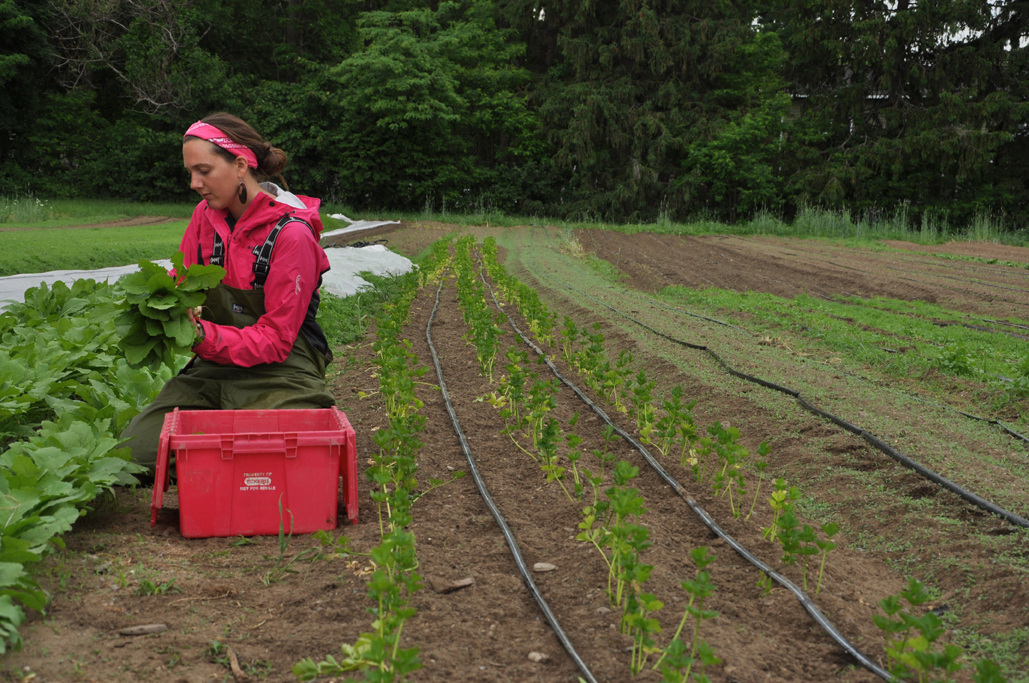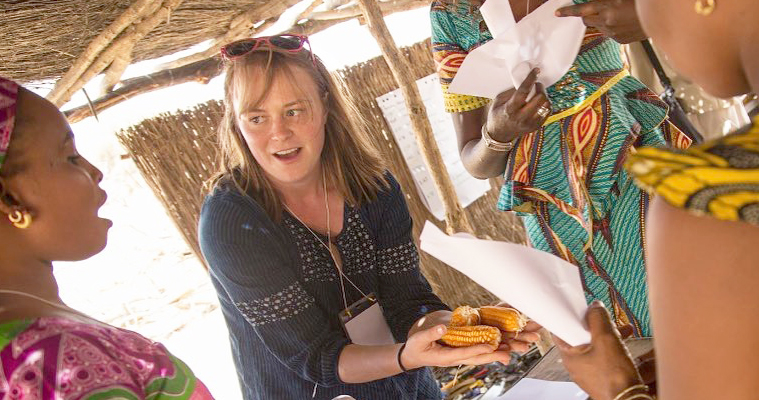The demand for college and university classes focusing on food systems is growing far and wide.
As the food movement grows, a surge of interest in food as an academic subject is happening in all corners of the country. Colleges and universities are offering courses such as “Food Studies: Harvest to Health,” “Anthropology of Coffee and Chocolate,” and “Food Systems, Science, and Policy.”
This week, Steve Holt of Civil Eats published a piece, “Majoring in Food: Colleges Offering More Courses, Degrees,” which mentions food systems programs at UVM, Middlebury, Tufts, NYU, the University of Michigan, and several other universities.
Food for Thought: Academic Food Systems Programs in the Classroom and Beyond
More than 70 community colleges, four-year colleges, and universities now have specific degree programs for sustainable agriculture or food systems, according to the article. Outside of the classroom, students are staffing weekly farmers’ markets, helping food justice groups, and supporting campus farms.
“This growth in interest on college campuses nationwide comes at a time when interest in food — and specifically local, sustainable food — is fomenting in popular culture at large,” says pioneer food systems educator Dr. Molly Anderson of Middlebury College, in an interview with Holt. “This is trickling down into student interest, but it’s also surging up from students into colleges and universities. Students are demanding these courses, demanding that there be attention to food, and demanding that there be student farms set up at their colleges and universities.”
However, Holt points out that if you talk to enough academic food activists, the majority will say the movement is and always has been in the fields and markets. The academic revolution taking place should serve in a supporting role to community-based organizations, and not the other way around.
To read Holt’s story, visit CivilEats.com.





